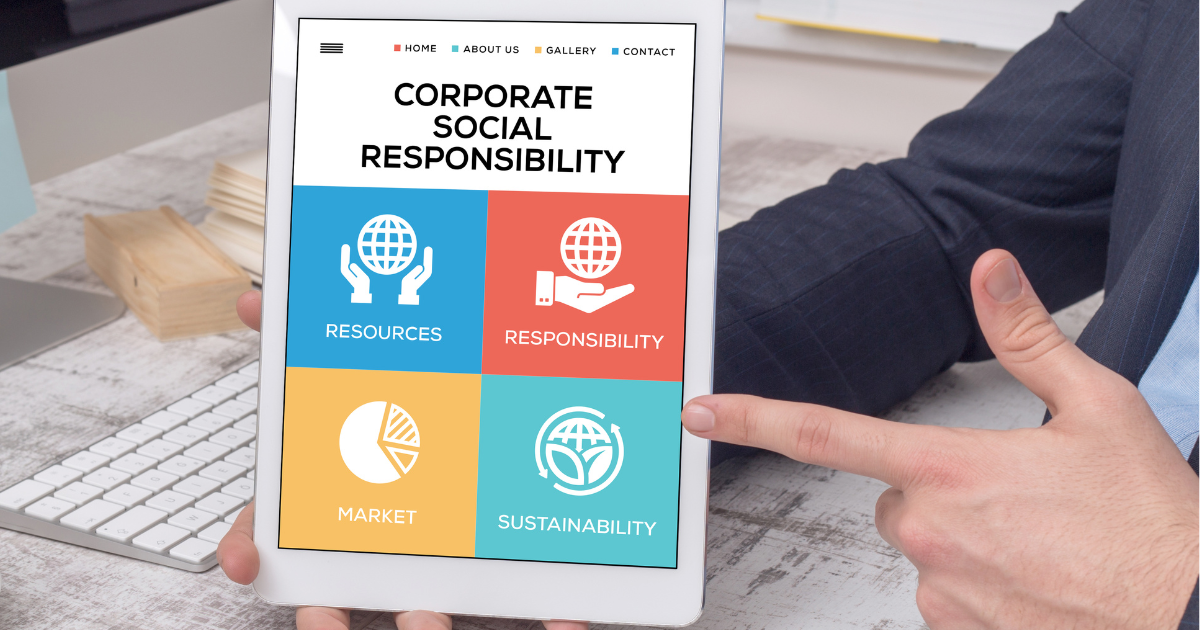Advertising with a Conscience: IKEA, Ben & Jerry's, Patagonia

In today’s business landscape, brands are discovering a powerful truth: sustainability and social responsibility aren’t just ethical imperatives—they’re game-changers. Imagine transforming your brand into a beacon of environmental stewardship and social advocacy, capturing the hearts and wallets of the modern, conscientious consumer. Sounds compelling, right? Let’s explore some standout examples of companies that have mastered this approach, turning their commitment to sustainability into marketing gold.
Patagonia
Take Patagonia, for instance. This brand isn’t just selling outdoor gear; it’s selling a philosophy. Their “Don’t Buy This Jacket” campaign, launched on Black Friday 2011, might seem counterintuitive. They asked consumers to think twice before buying, promoting their Worn Wear program that encourages repair and reuse. Elizabeth Segran from Fast Company highlighted how this bold move positioned Patagonia as a leader against overconsumption, proving that less can indeed be more.
IKEA
Then there’s IKEA, the Swedish furniture titan. They’ve taken sustainability to heart with their “Buy Back Friday” initiative, launched in 2020. Customers can sell back their used IKEA furniture for store credit, which supports IKEA’s goal of becoming fully circular and climate-positive by 2030. Derrick Bryson Taylor at the New York Times noted how this campaign effectively promoted sustainability, appealing to customers’ green values while reinforcing IKEA’s commitment to a circular economy.
Lush
In the beauty industry, Lush stands out with their “Naked” campaign, which tackles plastic waste by selling products without packaging. Jessica Davis from Cosmetics Design praised Lush for marrying ethics with marketing, showcasing their dedication to reducing waste, ethical sourcing, and supporting social causes. Lush’s transparency and commitment resonate with consumers who demand more from their beauty brands.
Ben & Jerry’s
Ben & Jerry’s is another powerhouse of social responsibility. This ice cream brand has long championed social causes like climate change and racial justice. Their “Save Our Swirled” campaign is a prime example, raising awareness about climate change while reinforcing their brand values. Tanya Dua from Business Insider has extensively covered Ben & Jerry’s activism, illustrating how their social justice initiatives strengthen their brand loyalty and authenticity.
Stella McCartney
Fashion icon Stella McCartney is synonymous with sustainable and ethical fashion. Her campaigns, such as “Fur-Free Fur,” highlight the environmental impact of the fashion industry while promoting high-quality faux fur. Clare Press from Vogue has lauded McCartney’s efforts, positioning her as a trailblazer in sustainable fashion and appealing to consumers who prioritize ethics in their fashion choices.
Unilever
Finally, let’s talk about Unilever. This multinational giant’s “Sustainable Living Brands” initiative includes brands like Dove, Lifebuoy, and Hellmann’s, each focusing on reducing environmental impact and promoting social good. Dove’s “Real Beauty” campaign challenges traditional beauty standards, while Lifebuoy’s handwashing campaigns improve hygiene in developing countries. David Griner from Adweek has highlighted Unilever’s sustainability efforts, emphasizing their significant industry impact.
So, what’s the takeaway for business leaders? Incorporating sustainability and social responsibility into your advertising isn’t just a nice-to-have—it’s a strategic imperative. Real-world examples from Patagonia, IKEA, Lush, Ben & Jerry’s, Stella McCartney, and Unilever show that when brands align their marketing with the values of eco-conscious and socially aware consumers, they don’t just drive positive change—they build lasting loyalty and a robust brand identity. In a world where consumers are increasingly scrutinizing the ethics behind their purchases, these brands demonstrate that doing good can also be good business.
